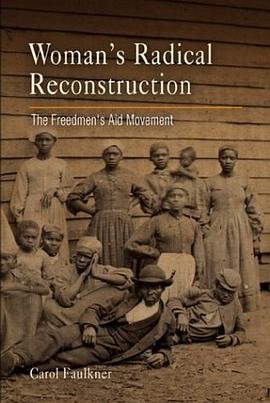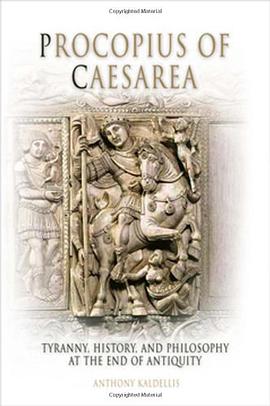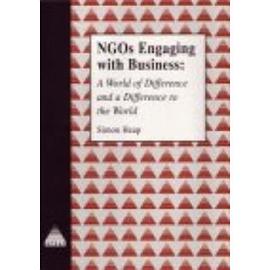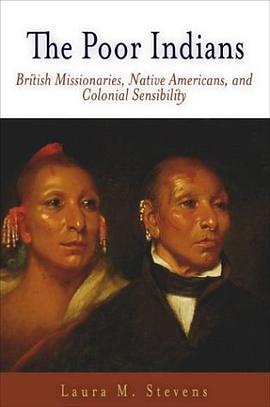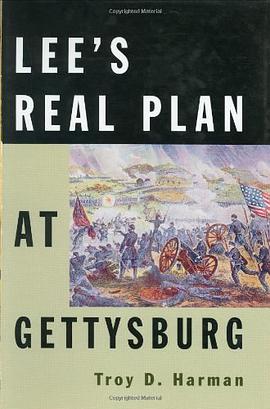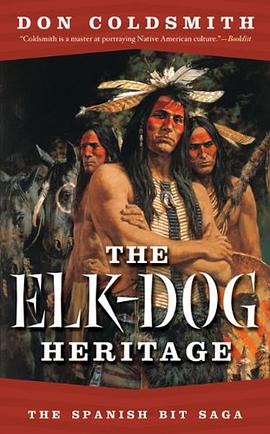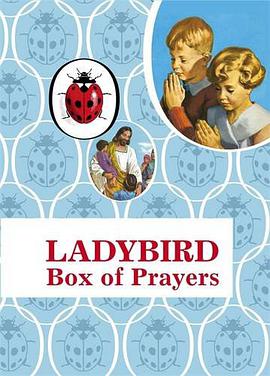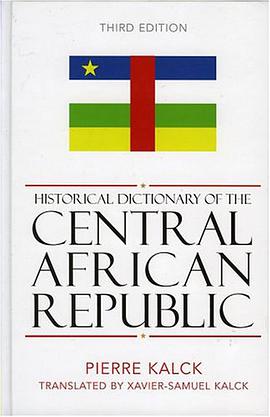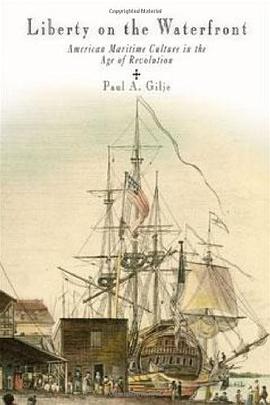

具體描述
Through careful research and colorful accounts, historian Paul A. Gilje discovers what liberty meant to an important group of common men in American society, those who lived and worked on the waterfront and aboard ships. In the process he reveals that the idealized vision of liberty associated with the Founding Fathers had a much more immediate and complex meaning than previously thought. In Liberty on the Waterfront: American Maritime Culture in the Age of Revolution, life aboard warships, merchantmen, and whalers, as well as the interactions of mariners and others on shore, is recreated in absorbing detail. Describing the important contributions of sailors to the resistance movement against Great Britain and their experiences during the Revolutionary War, Gilje demonstrates that, while sailors recognized the ideals of the Revolution, their idea of liberty was far more individual in nature-often expressed through hard drinking and womanizing or joining a ship of their choice. Gilje continues the story into the post-Revolutionary world highlighted by the Quasi War with France, the confrontation with the Barbary Pirates, and the War of 1812.
著者簡介
圖書目錄
讀後感
評分
評分
評分
評分
用戶評價
相關圖書
本站所有內容均為互聯網搜索引擎提供的公開搜索信息,本站不存儲任何數據與內容,任何內容與數據均與本站無關,如有需要請聯繫相關搜索引擎包括但不限於百度,google,bing,sogou 等
© 2025 book.quotespace.org All Rights Reserved. 小美書屋 版权所有

